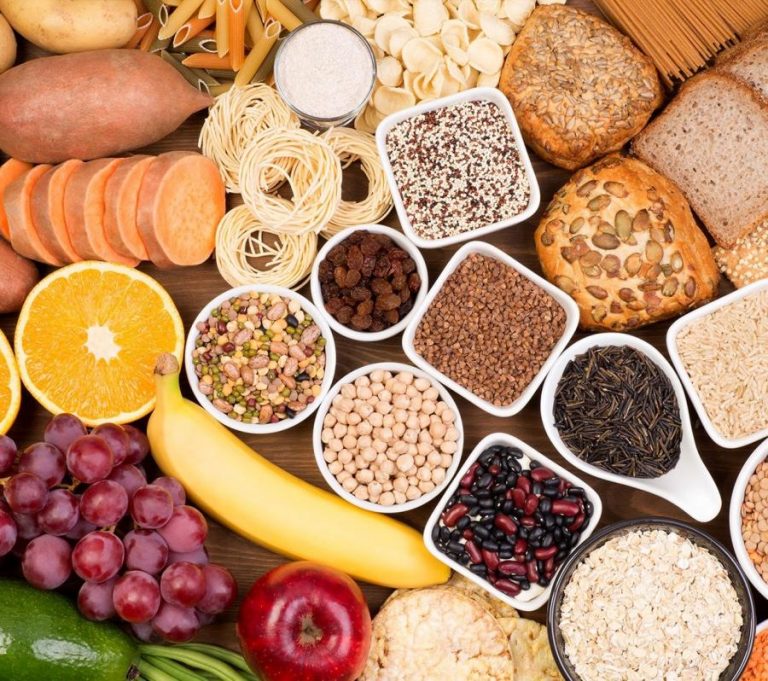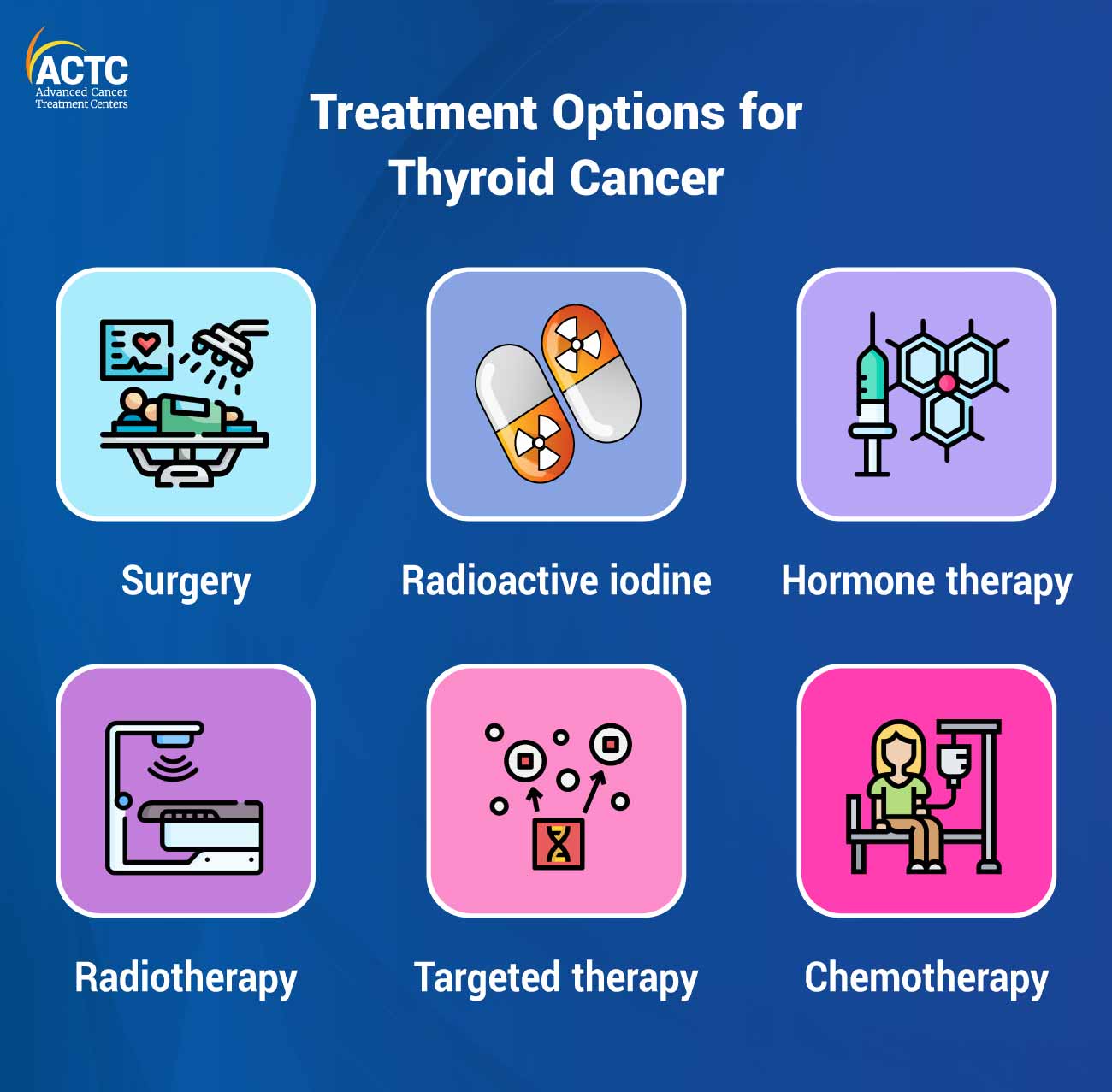Mouth Ulcer Food To Eat

Dealing with mouth ulcers can be a painful and frustrating experience, making everyday activities like eating and drinking a chore. The key to managing mouth ulcers, also known as canker sores, is to adopt a diet that is gentle on the mouth, avoiding spicy, acidic, or sharp foods that can exacerbate the condition. Instead, opting for soft, bland, and nutritious foods can help alleviate discomfort and support the healing process.
Understanding Mouth Ulcers
Before diving into the dietary aspects, it’s essential to understand what mouth ulcers are. They are small, shallow lesions that develop on the soft tissues in your mouth or at the base of your gums. Unlike cold sores, which are caused by a virus and appear on the outside of the mouth, mouth ulcers are not contagious. They can be triggered by a variety of factors, including minor mouth injury from dental work, hard brushing, sports mishaps, or accidental cheek bite, food sensitivities, especially to acidic or spicy foods, hormonal changes, and deficiencies in vitamins like B12, iron, or folate.
Foods to Eat
When you’re suffering from mouth ulcers, the goal is to choose foods that are easy to chew and swallow, avoiding any that might cause further irritation. Here are some of the best foods to include in your diet:
Yogurt: Plain, unflavored, and unsweetened yogurt is an excellent choice. It’s soft, easy to eat, and contains probiotics, which can help maintain a healthy digestive system and may support the healing of ulcers.
Bananas: These are soft and easy to chew, making them an ideal choice when your mouth is sensitive. They’re also a good source of nutrients like potassium and vitamins.
Mashed Potatoes: Soft, bland, and comforting, mashed potatoes can be very soothing when you have mouth ulcers. You can add a bit of milk or water to make them even softer if needed.
Scrambled Eggs: Eggs are a good source of protein and can be cooked into a soft, easy-to-eat texture. Scrambled or poached eggs are good options.
Smoothies: Blended smoothies made with yogurt, bananas, and milk or water can be very comforting. They provide essential nutrients and are easy on the mouth. You can also add other soft fruits like avocados or mangoes.
Oatmeal: Cooked oatmeal is soft and soothing. It can help protect the mucous membranes in the mouth and provide a feeling of comfort.
Applesauce: Similar to bananas, applesauce is soft and easy to swallow, making it a good choice for when you have mouth ulcers.
Soups: Opt for mild, broth-based soups that are easy to swallow and won’t irritate your mouth ulcers. Chicken or vegetable broths are good choices.
Foods to Avoid
While incorporating healing foods into your diet, it’s equally important to avoid foods that can irritate mouth ulcers or slow down the healing process. These include:
- Spicy Foods: Foods with a high chili or pepper content can irritate mouth ulcers and prolong healing.
- Acidic Foods and Drinks: Citrus fruits, tomatoes, and acidic beverages like orange juice or soda can exacerbate ulcers.
- Sharp or Crunchy Foods: Foods like chips, nuts, or hard candies can physically irritate ulcers or even cause new ones by scratching the mucous membranes.
- Hot Foods and Drinks: Consuming food and beverages that are too hot can further irritate the ulcers.
Additional Tips for Managing Mouth Ulcers
Besides dietary changes, there are several additional strategies you can use to manage mouth ulcers:
- Stay Hydrated: Drinking plenty of water can help keep your mouth moist and comfortable.
- Practice Good Oral Hygiene: Gently brush and floss your teeth to keep your mouth clean, but avoid the ulcer area as much as possible.
- Avoid Irritating the Ulcer: Refrain from touching or biting the ulcer, as this can prolong healing.
- Consider Topical Treatments: Over-the-counter creams, gels, or patches can provide relief by forming a protective barrier over the ulcer.
In conclusion, while dealing with mouth ulcers requires patience and careful management, incorporating the right foods into your diet and avoiding irritants can go a long way in reducing discomfort and promoting healing. Always consult with a healthcare professional if your ulcers persist, grow, or are particularly painful, as they may indicate an underlying issue that needs attention.
What are the primary triggers for mouth ulcers?
+Mouth ulcers can be triggered by minor mouth injuries, food sensitivities, hormonal changes, and deficiencies in certain vitamins or minerals. Factors like stress, lack of sleep, and certain medications may also contribute.
How long do mouth ulcers typically take to heal?
+Most mouth ulcers heal on their own within one to two weeks without needing any treatment. However, if the ulcers are large, extremely painful, or don’t seem to be healing, it’s advisable to consult a healthcare professional.
Can dietary changes alone prevent mouth ulcers?
+While dietary changes can play a significant role in managing and potentially reducing the occurrence of mouth ulcers, they may not be enough to prevent them entirely. Maintaining good oral hygiene, avoiding irritants, and managing stress are also crucial.

